You’ve probably heard about the health benefits of Vitamin E and Omega-3 fatty acids individually, but did you know they can work together to optimize your health? In this FAQ blog, we’ll explore how these two nutrients interact and complement each other, making the combination a powerhouse for your well-being.
What is Vitamin E and Why is it Important?
Vitamin E is a powerful antioxidant that protects your cells from damage. It plays a crucial role in skin health, vision, and even brain function.
This vitamin consists of eight different compounds, including tocopherols and tocotrienols, which contribute to its broad range of health benefits. Not only does it help to maintain a youthful glow by protecting your skin from oxidative stress and ultraviolet light damage, but its role in cell signaling also contributes to a healthy cardiovascular system.
Moreover, Vitamin E may support cognitive health by reducing oxidative stress in the brain, potentially delaying or lessening the severity of neurodegenerative diseases.
Understanding Omega-3 Fatty Acids
Omega-3 fatty acids are essential fats the body cannot make on its own. They are important for heart health, reducing inflammation, and supporting brain health.
These polyunsaturated fats, found abundantly in fish oil and certain plant oils, play an essential role in maintaining brain function and development. Consuming adequate levels of Omega-3s has been associated with a reduced risk of chronic diseases such as heart disease and arthritis. According to recent research, Omega-3 fatty acids can also combat inflammation, a major contributor to various health issues.
Notably, Omega-3s include three principal types: ALA, EPA, and DHA. While ALA is derived from plant oils, EPA and DHA are typically found in marine oils, and all contribute to different health benefits ranging from skin health enhancement to mental health support.
How Do Vitamin E and Omega-3s Work Together?
Vitamin E can enhance the benefits of Omega-3s by preventing the oxidation of these fats, preserving their beneficial properties and prolonging their effectiveness in the body.
When combined, Vitamin E serves as a guardian for Omega-3s, minimizing their degradation by free radicals and lipid peroxidation. This protective role ensures that the body utilizes Omega-3 fats more effectively, supporting optimal health.
Furthermore, the synergistic effect of these nutrients can amplify their impact. While Omega-3s contribute to reducing inflammation and promoting heart health, Vitamin E enhances cell longevity and overall wellness. This combination is particularly beneficial for individuals seeking to maintain cardiovascular health and cognitive function.
Benefits of Combining Vitamin E and Omega-3s
Together, Vitamin E and Omega-3s can improve heart health, support immune function, and aid in reducing inflammation more effectively than when taken separately.
The integration of these nutrients can offer pronounced benefits for cardiovascular protection. Specifically, Omega-3s help in reducing blood triglycerides and blood pressure, while Vitamin E contributes to easing oxidative stress on the heart. Combined, they may reduce the risks of stroke and ensure a strong cardiovascular system.
Moreover, the reduction in inflammation is particularly noteworthy. Inflammation is a contributor to many chronic conditions, and by dampening this response, Vitamin E and Omega-3s work together to provide lasting relief. This combination may prove beneficial for individuals suffering from conditions related to chronic inflammation, such as arthritis and autoimmune diseases.
Interestingly, these nutrients might also play a role in enhancing mood and cognitive health. Studies have suggested that Omega-3s, when complemented with Vitamin E, can help maintain mental sharpness while potentially mitigating symptoms of depression and anxiety.
How to Incorporate Them Into Your Diet
Include foods rich in Vitamin E like nuts and seeds, along with Omega-3 sources such as fish and flaxseeds, in your diet to naturally benefit from these nutrients.
For a balanced approach, you can include a variety of foods such as almonds, sunflower seeds, spinach, and avocados for Vitamin E. For Omega-3s, fatty fish like salmon, mackerel, and sardines prove beneficial. Additionally, plant-based sources like chia seeds and walnuts are excellent additions to your meals.
Supplements can also be an effective way to ensure you’re getting enough of these nutrients. Look for a high-quality Omega-3 supplement that includes both EPA and DHA, along with a Vitamin E supplement to enhance their efficacy. Always consult with a healthcare professional before starting any new supplement regimen to tailor it to your specific health needs.
Optimizing Health with Vitamin E and Omega 3s
Incorporating both Vitamin E and Omega-3 fatty acids into your daily routine can enhance overall health, from supporting heart health to boosting brain function. Remember to consult with a healthcare professional to tailor these supplements to your personal health needs.


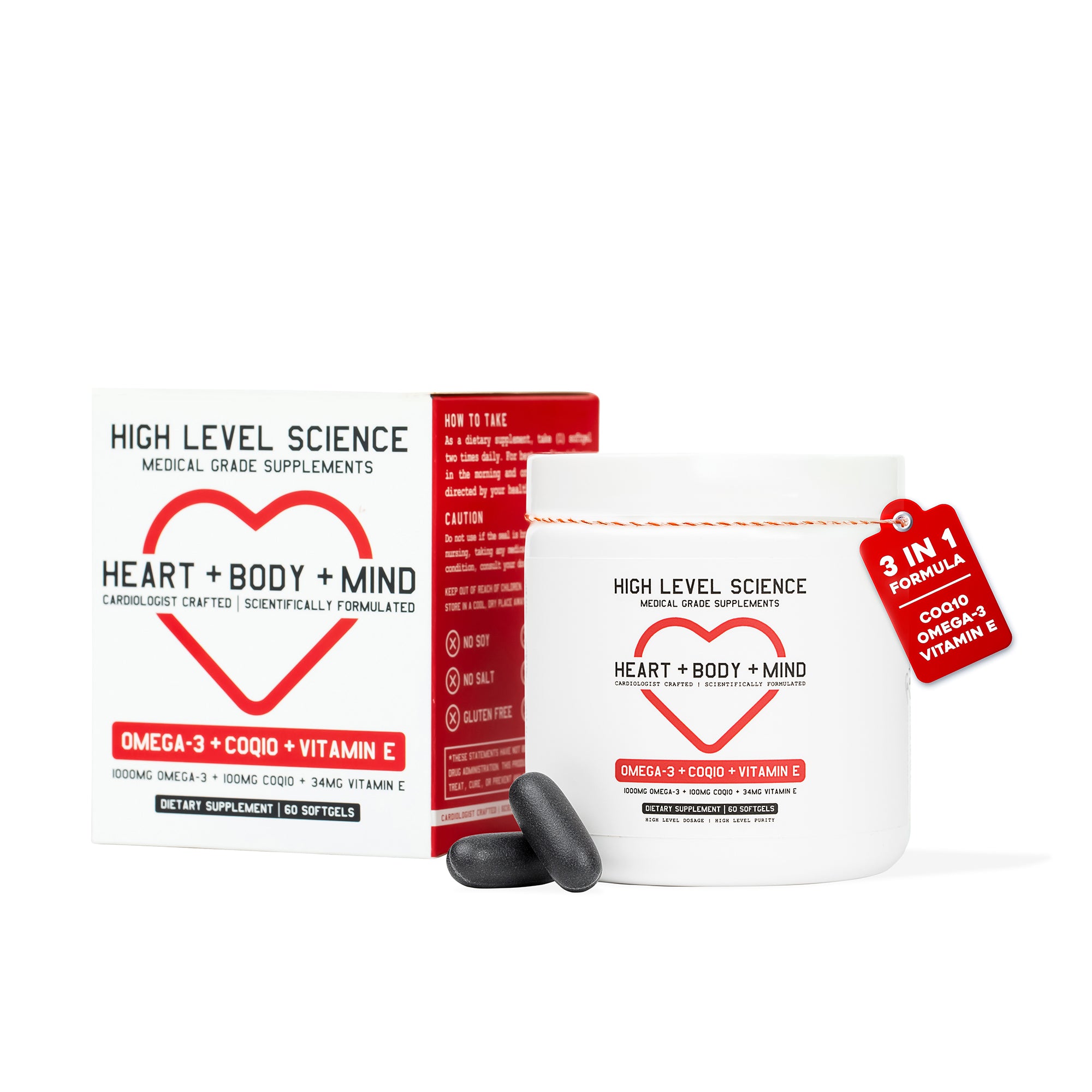

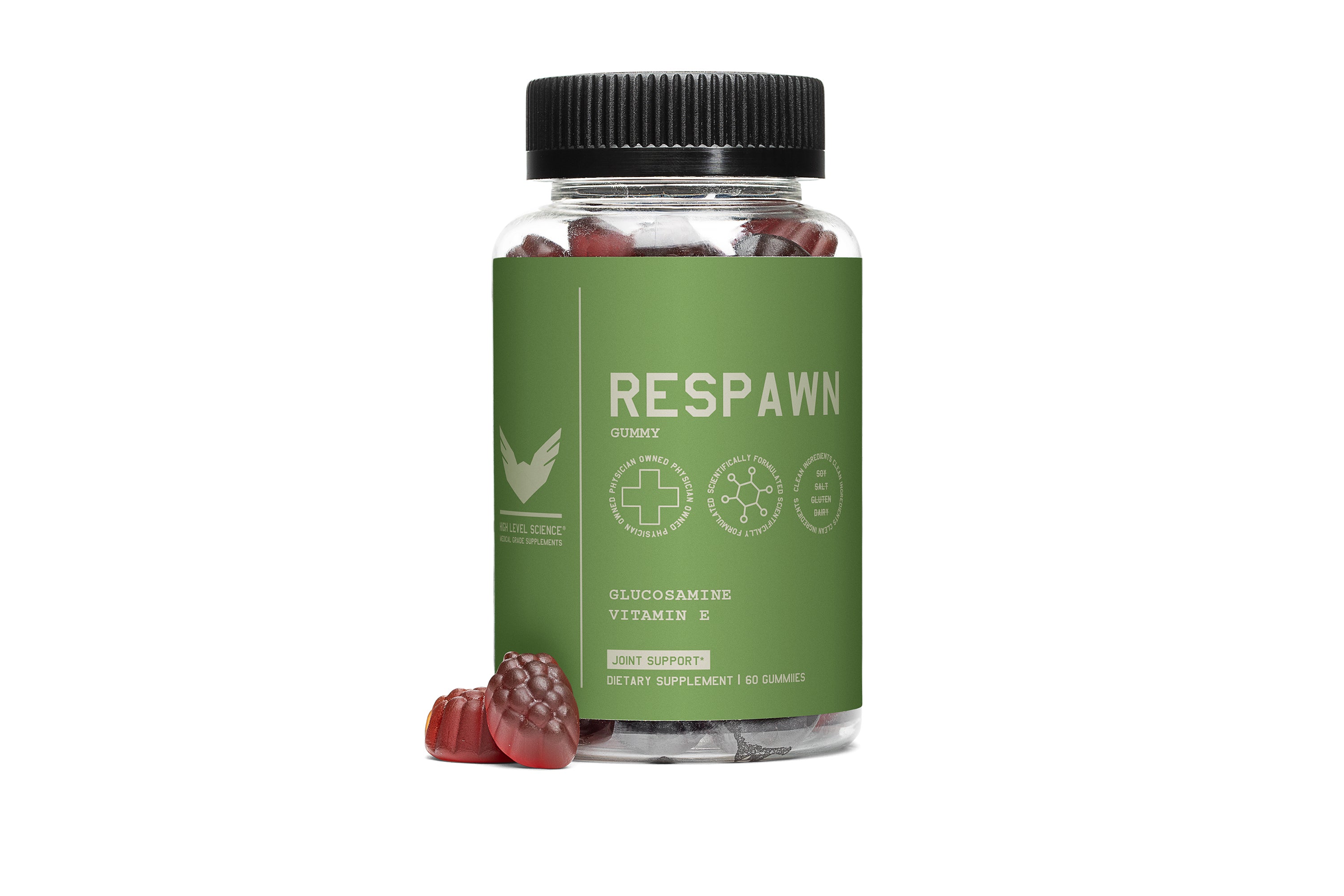
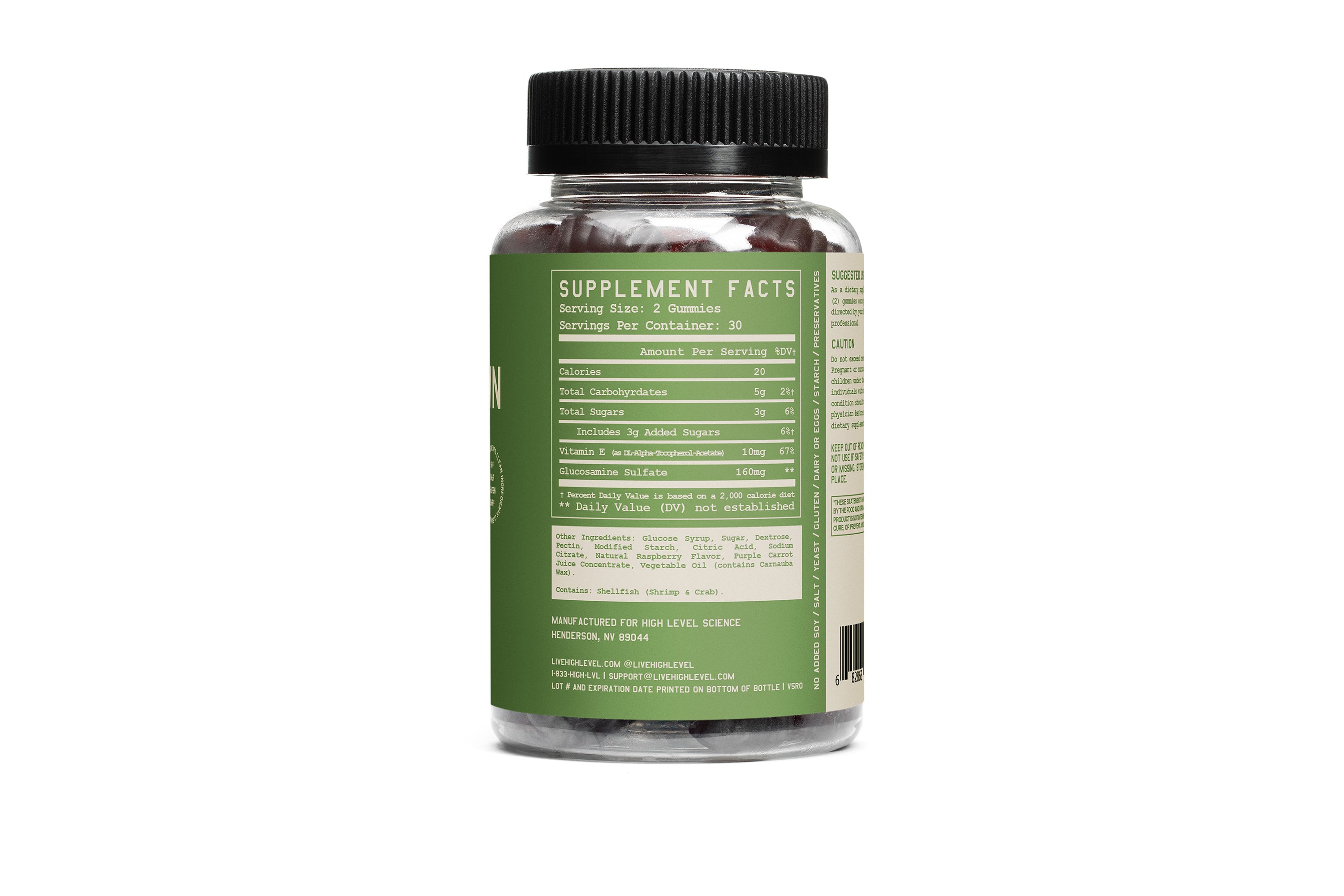
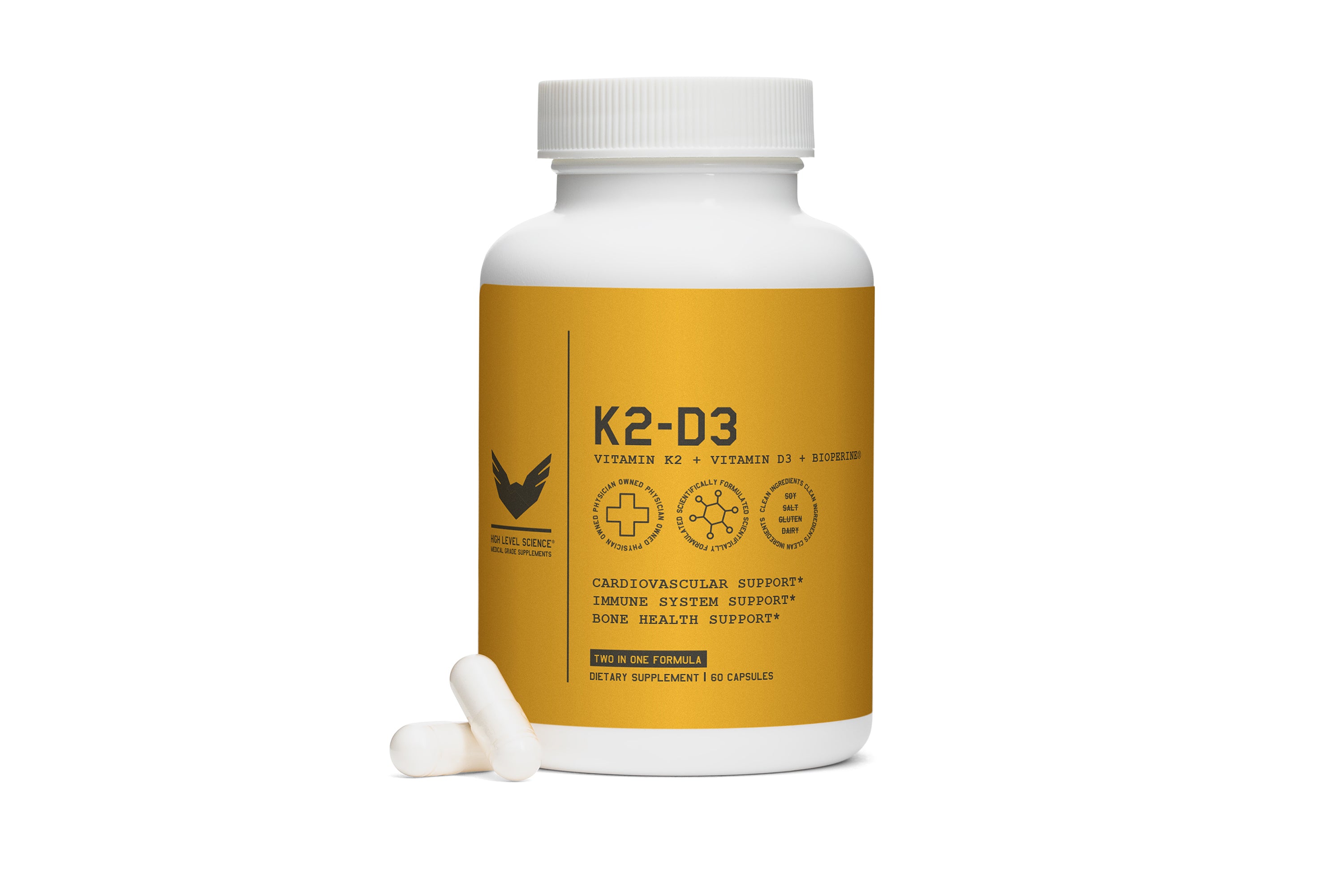
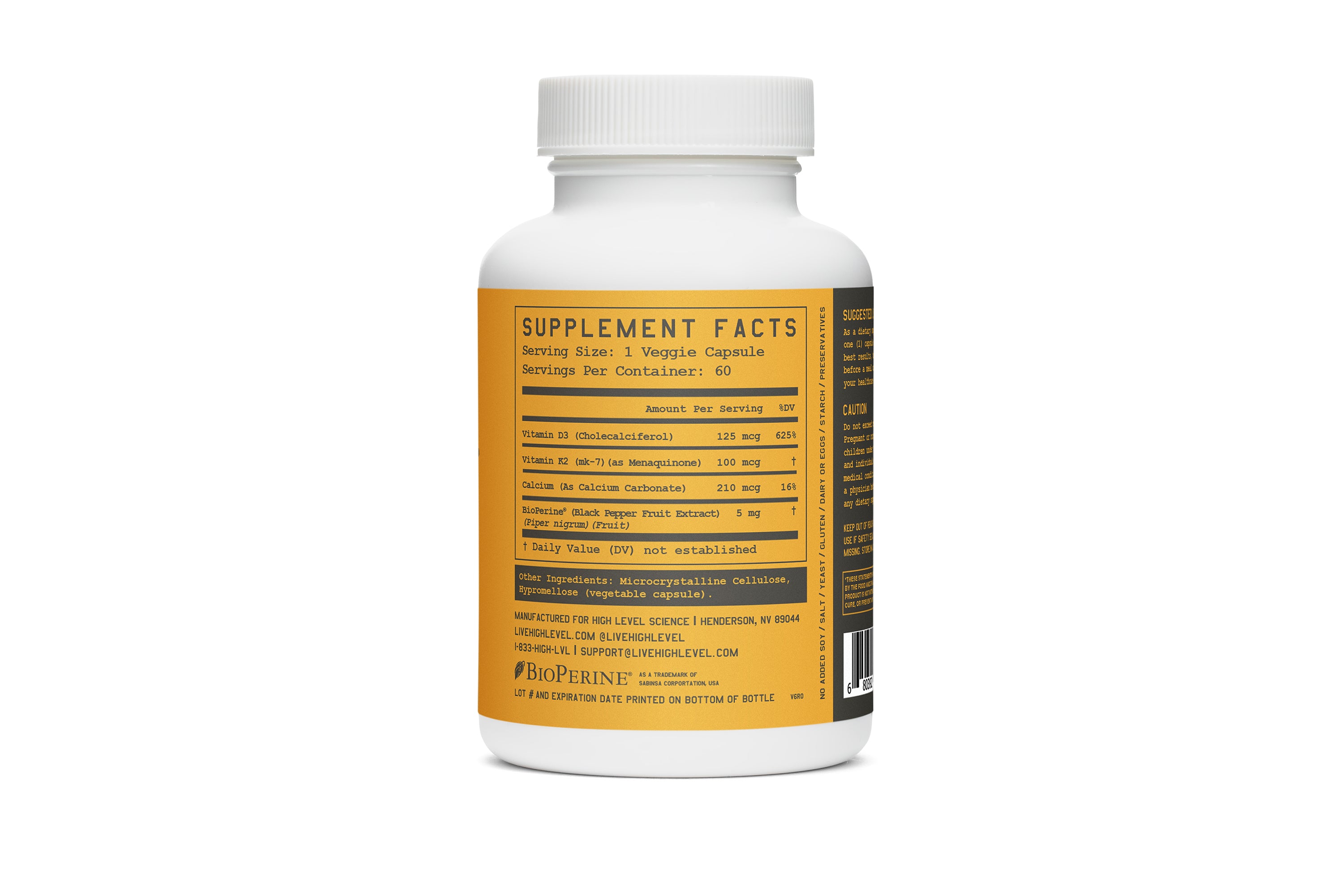



Leave a comment